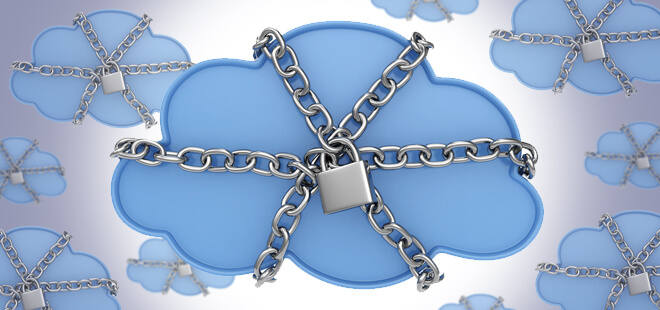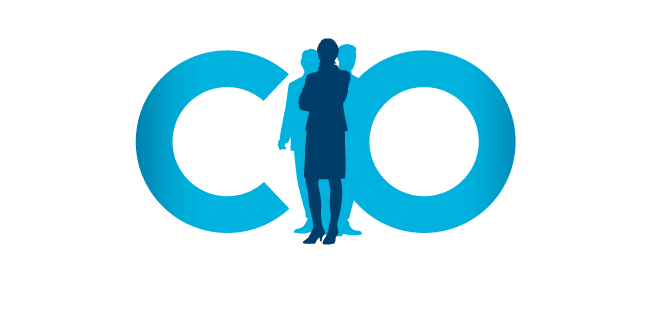Who Really Has Your Stored Data?
T-Systems, a German company, has opened a new cloud data center in Biere, Germany. There they announced that they can keep the United States’ National Security Agency (NSA) from searching the data stored there. German users who access German websites would be safe from the NSA.
This movement to protect oneself from the NSA comes from an outraged Germany after the US was revealed to closely monitor data from around the world. In 2013, German Chancellor Angela Merkel accused the NSA of monitoring her cell phone for decades. Former NSA contractor, Edward Snowden also leaked information about worldwide data monitoring. On the tail of all this, T-Systems is making steps to keep the NSA out of their data.
Movement to Protect German Data
Until recently, all German internet use went through outside servers, generally located in the United States and China. T-Systems points out that not only is the data easy to monitor when it is in the US, but that the country’s own laws allow it to monitor the data. By keeping German internet data and e-mails in Germany, T-Systems offers privacy to its clients. German laws regarding data monitoring are some of the strictest of any developed country. Thus, keeping data inside of Germany theoretically protects people from outside spying.
The largest German telephone and internet company, Deutsche Telekom, T-Systems’ parent company, has nationalized the movement to protect data, and it is asking all of its competitors to sign agreements that they will only route information on German data lines when both parties are located in Germany. Lawmakers have announced their support of the program, and legislation enforcing it may not be far distant.
RELATED: Website Security: Avoiding Downtime That Results in Loss of Profit
A Future Protected Network
Deutsche Telekom is also working on a new infrastructure for a network similar to the internet, but which would only be available in 26 countries, purposely excluding the US and the United Kingdom. This new network is to be called Internetz. They are still awaiting German lawmakers to pass legal sanction that would protect them from potential law suits, prior to moving forward with this plan.
If the Internetz is completed, it would work like the internet, but on non-compatible channels. This means that the US and any other countries would find it nearly impossible to get hold of data to analyze. Deutsche Telekom is hopeful that the network will be realized without much additional delay.
Critics Question Motives
Critics, both inside Germany and the United States, question the true motives of Deutsche Telekom and its subsidiary, T-Systems. Rather than viewing the companies as important supporters of privacy and information safety, many accuse them of launching a campaign against the US as a marketing ploy. Regardless of where true motives lie, the companies cannot deny that they stand to make large profits off of their movements toward securing data.
The question of how secure Deutsche Telekom is able to keep data is not encouraging:
- Most German internet data, 60 percent, involves companies outside of Germany, such as the American companies of Facebook, Google, and Yahoo.
- Web traffic that does not strictly use German companies is no more secure than before these measures were taken.
- Snowden’s leaks also contained information that the US is spying on the British Embassy in Germany, making it suggestive that they could also spy on data centers.
- American internet service providers are located in Germany, offering service to the general public, giving the US government access to the information by monitoring these companies.
RELATED: Microservers: What They Are and What They Are Not
One of Deutsche Telekom’s critics is Norbert Pohlmann, who works for the Westphalia University of Applied Sciences in Gelsenkirchen, Germany as the director of the Institute for Internet Security. Pohlmann believes that efforts to keep German internet traffic inside Germany make NSA’s attempts to monitor data more difficult. However, he does not feel that fighting to stay a step ahead of the NSA is the answer. Rather, the problem should be addressed politically.
Deutsche Telekom’s Response
Deutsche Telekom denies accusations that they are incapable of keeping data free from NSA monitoring. Yet, the movement to begin a new network does suggest a realization that they do not have enough control of internet data to stop undesired use.
The issue becomes less a question of what Deutsche Telekom’s true motives are when international support is considered. People both inside and outside of Germany feel violated by what they consider to be the NSA’s unwarranted monitoring of data. Even critics of Deutsche Telekom would like to see changes. With this in mind, the company’s actions are a logical part of a capitalist system. They see a large-scale desire for security, and they are attempting to address it.
International Support for Secure Internet Data
Many developed countries have watched Germany’s movements toward security, and some of them are also taking steps to protect data. As a body, these countries feel that the US has overstepped its moral boundaries.
- Brazil is talking about laying an underwater cable that links South America to Europe with a new network in order to protect themselves from data monitorin.
- The Internet Corporation for Assigned Names and Numbers, which controls online addresses and domains, has announced support for Brazil’s attempts to find a way around US spying.
- China no longer allows business relations with the American company IBM due to concerns about the safety of data.
- Germany and Brazil are using the United Nations as a forum to pass regulation enforcing internet privacy.
- A coalition of the 28 countries in the European Union voted to illegalize the passing of private information without a warrant. Companies giving the NSA information will be found to be breaking the European law.
- Other countries, such as India, Russia, and South Africa all voice support for anti-spying measures.
RELATED: iTech News: Facebook’s Competition, Sulia, Screen Sharing
Individual Companies and Countries Make a Difference
Fighting NSA data analysis is a difficult battle, but it is one that companies such as Deutsche Telekom are willing to attempt. Critics point out that the efforts made by the German company do little or nothing to protect data, and evidence suggests that they have valid concerns. However, people and counties around the world agree with what Deutsche Telekom is attempting to do. As international policies and opinion adds increased pressure to stop the NSA, their united efforts may make the difference that many are seeking.
Top image ©GL Stock Images




